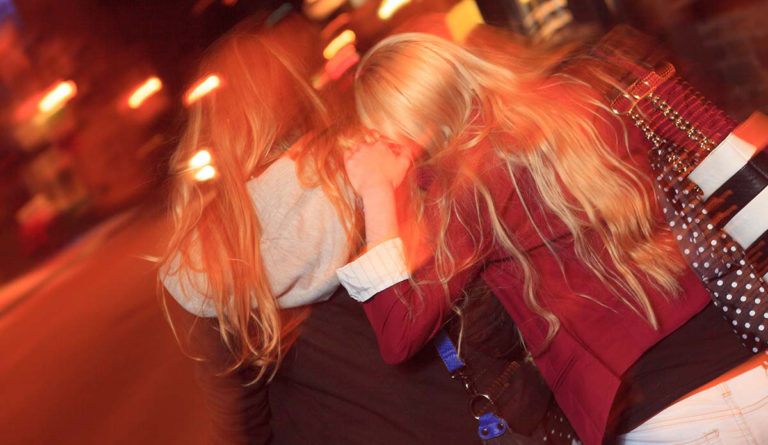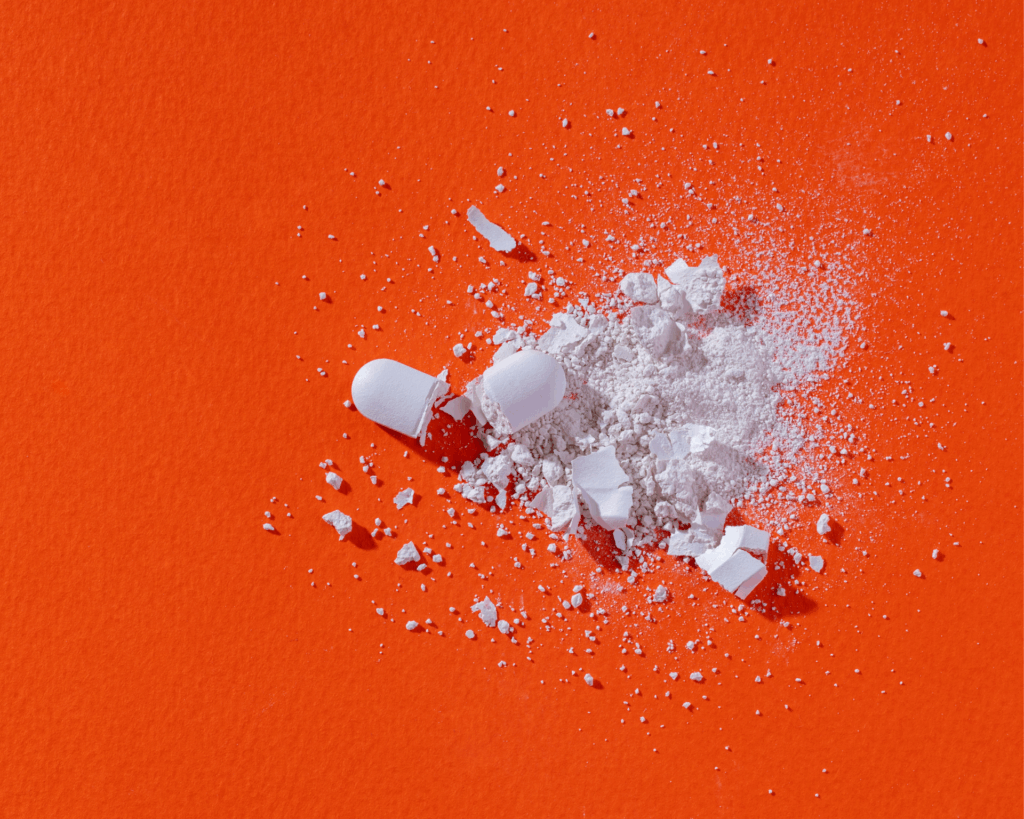The Lost Memories of College Drinkers
Merrill and colleagues identified two risk factors, measured before college, associated with students reporting higher frequencies of blackouts during the first two years of college.

Read Time: 4 minutes
Published:
Alcohol-induced memory loss, or a “blackout,” occurs when levels of alcohol in the blood are high and/or increase rapidly, preventing short-term memories from being transferred to long-term memory. Blackouts are a relatively common experience among young adult drinkers, particularly those attending college. Around half of college students experience a blackout before or during college. This is concerning given that blackouts are associated with negative effects, such as engaging in risky behavior, injuries, and need for emergency department care, and sexual victimization.
One might expect that losing memory for some part of the evening would be frightening, and might lead an individual to make adjustments to his/her drinking behavior in the future, in order to avoid such an experience. However, many persons who report blacking out do so repeatedly.
In our study, a large sample of college student drinkers were surveyed every other week over the first two years of college, allowing us to examine patterns of blackouts over time. We found that 64% of drinkers reported at least one blackout, with an average of three during this time. We identified five distinct groups of blackout patterns. Two groups (totaling to 15% of the full sample) had a high likelihood of blackouts early in their first year of college. The larger of these two groups (11%) significantly reduced in blackout likelihood, while the other 4% remained at high risk through the end of sophomore year. Another 15% of the sample maintained a moderate risk for blackouts over two years. The remaining two groups reported low likelihood of blackouts initially, with one group declining over time. Gender was unrelated to these patterns of blackouts over time.
While our study does not provide information on exactly why reductions in blackouts occur, some students may begin using protective behavioral strategies, such as setting drink limits or alternating alcohol and non-alcoholic beverages. Alternatively, it is possible that some students develop a tolerance to alcohol over time that reduces experiences of blackouts even when continuing to drink heavily.
Close to 20% of study participants both began with and remained at concerning levels of blackouts.
Close to 20% of study participants both began with and remained at concerning levels of blackouts. One possible explanation for this finding is that blackouts may protect individuals from encoding negative memories. Drinkers may be more likely to recall the positive aspects of the night—those leading up to blacking out—while forgetting the downsides of intoxication. Alternatively, some students may persist in blacking out because they simply overestimate the number of drinks it takes them to black out.
Another explanation for repeated blackouts is that some college students just do not perceive blackouts to be bothersome. As a 21-year female participant said during a focus group, “It’s pretty natural, actually. If you black out, it feels like that means that you had a great friggin’ time.” If some students in fact enjoy blacking out, it is not surprising that they will continue to drink in a manner that will lead to memory loss.
We identified two variables, measured prior to attending college, that were associated with being in the higher frequency blackout groups.
We identified two variables, measured prior to attending college, that were associated with being in the higher frequency blackout groups. One high-risk characteristic was admitting to drinking more frequently for the purpose of getting intoxicated and/or enhancing positive moods. The second risk factor was the perception that drinking behavior was common among one’s high school friends.
Students may be unaware of the concurrent risks associated with blackouts, as well as potential long-term risks linked to drinking at the high levels (e.g., alcohol use disorders) that result in blackouts. Early intervention for those reporting repeated experiences of blackouts may help deter maintenance of or transition to chronic problem drinking patterns later in college and beyond. Based in part on our findings, potential intervention targets may include helping students identify alternative ways to improve their mood, correcting misperceptions about how common high risk drinking behaviors are among peers, and teaching students to use protective behavioral strategies to avoid blackouts and their attendant risks.
Feature image: LSOphoto/iStock



